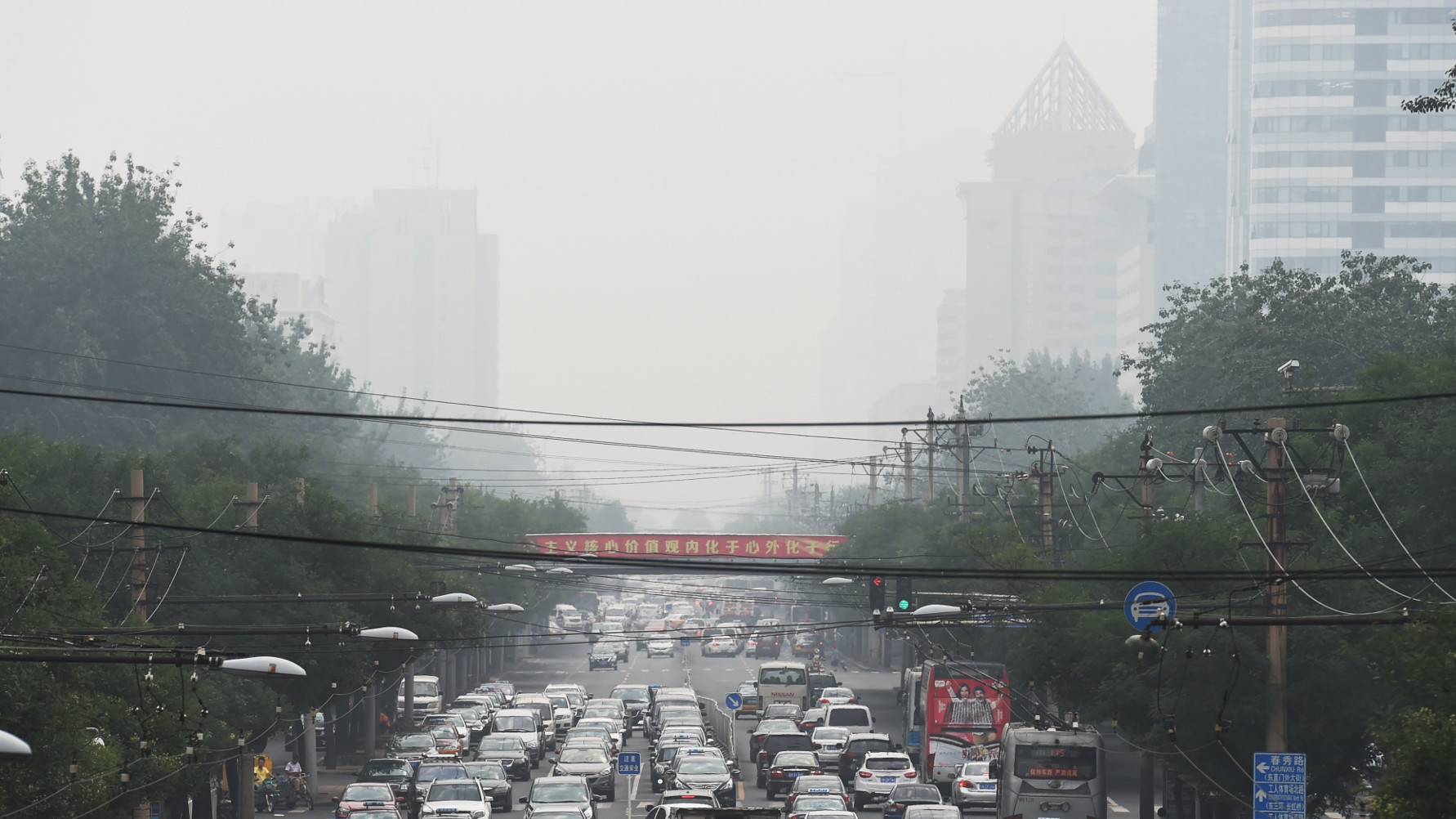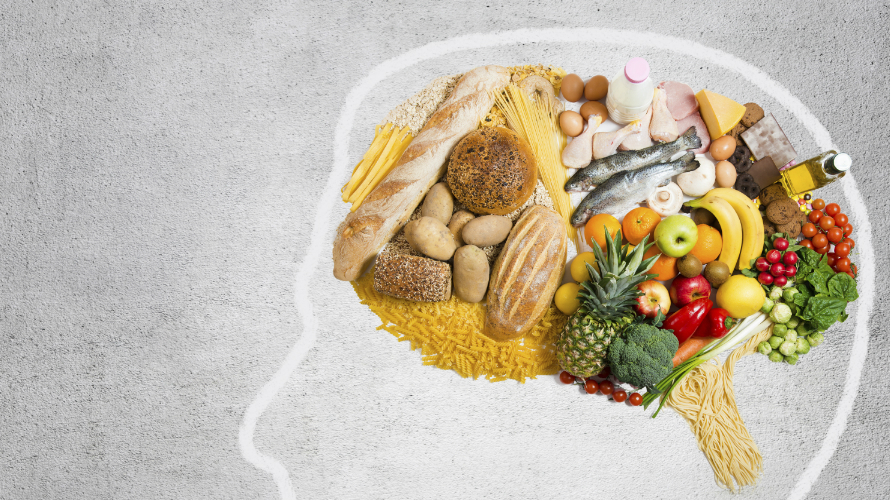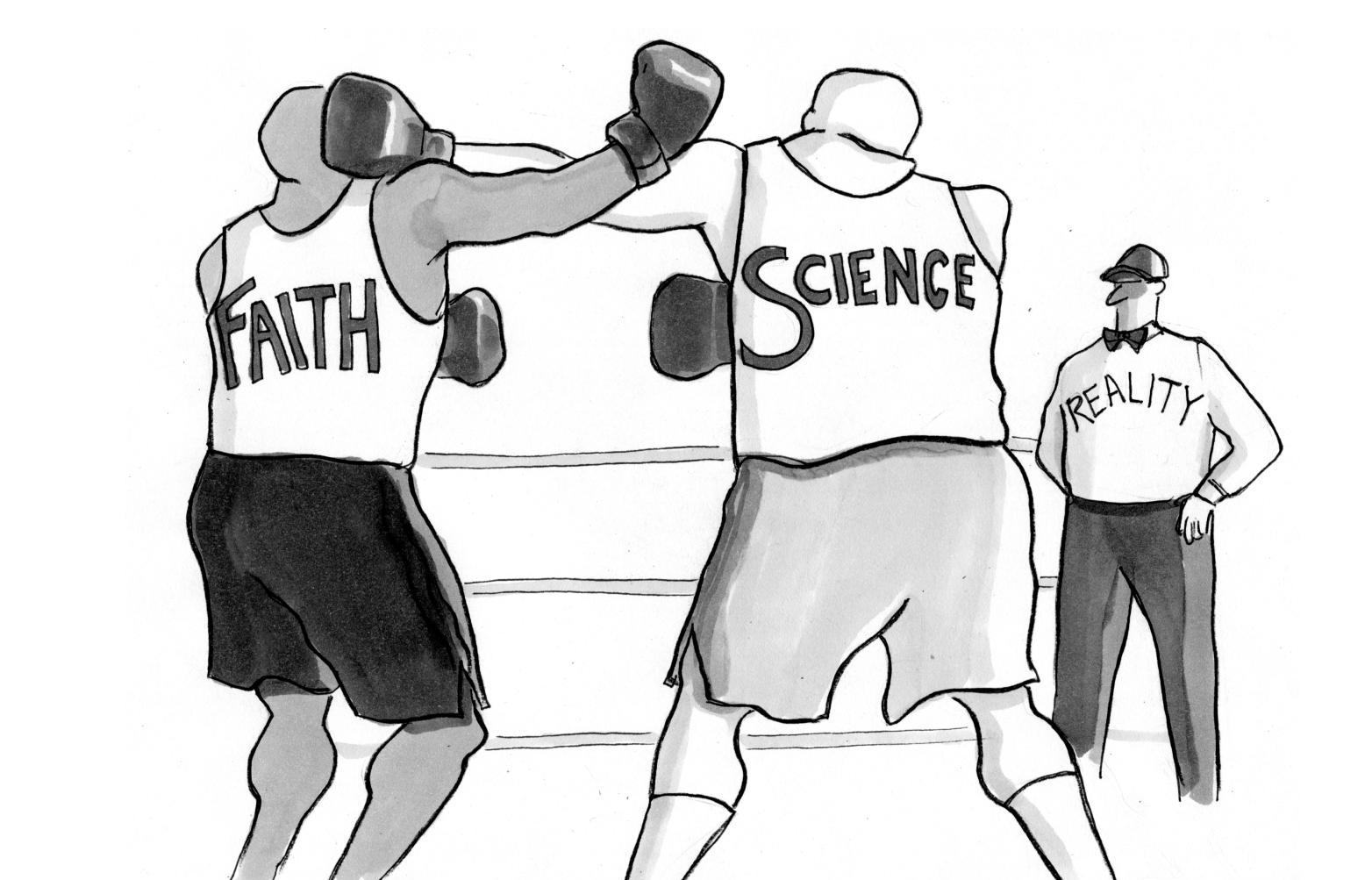Surprising Science
All Stories
How many things do you firmly believe because you read it in the papers or saw it on the news?
As children become more overscheduled, playtime decreases and the pressure to achieve increases. The cost of that trade-off is high.
Researchers develop an AI system that will predict how bad pollution will be in China’s cities 72 hours in advance.
The quality of discourse over the new logo has skewed toward the low social media standard, although there are some smart and introspective things to be said for and about Google’s sudden shift.
Scientists are becoming increasingly certain that all the stuff we put through our digestive system is making a major impact on our state of mind.
Biases and flaws are like foreheads — it’s easier to see others’ than your own. So our most cherished beliefs should be tested by rigorous bias-balancing processes.
NYU’s Dr. Nicole Foubister chats with us about the two-faced nature of bipolar disorder.
A new study says that the less sleep you get, the more likely you’ll be to catch a cold.
Let’s first cut carbon emissions that don’t make positive returns on human happiness.
A massive, groundbreaking study has found that the majority of new psychology findings in the top three flagship journals can’t be replicated. Where do we go from here?
A new web series delves into the many reasons why eating creepy crawlers makes sense for your diet and the environment.
Many market lovers hate what their love needs to work. An incomplete logic has them in its spell, blinding them to the fact that “invisible hand” cuts both ways.
The science behind selfish behavior has been revealed, and it’s pretty disturbing.
Researchers track thousands of healthy honeybees to figure out what’s leading to their decline.
On August 14th, an 11-year-old Paraguayan girl gave birth to a baby girl. She had been impregnated after being raped by her stepfather; the pregnancy only became evident when she […]
But it doesn’t have to be.
Thanks, climate change.
The shooting of two charismatic animals stirred international outrage. But a more important event to the developing world concern with animal welfare was publication of Carl Safina’s Beyond Words, What Animals Think and Feel.
Why do Vermeer’s paintings fascinate us so? Perhaps the reason lies behind a revolution in seeing in both art and science rooted in Vermeer’s 17th century Holland.
While we usually associate yoga with flexibility-inspired exercise, evidence shows a lack of psychedelic mushroom tea could lie at the foundation of this discipline.
Hayek viewed markets as distributed-intelligence systems that evolved to compute resource allocations. We can now update that view with ideas from computer science, biological signalling, and evolution.
An influx of humans into any environment can mean trouble for the local animal population.
The hurdles in life presented by traumatic experiences, if treated properly, represent opportunities for momentous personal growth.
Hallucinations and distortions in reality ensue — no drugs required.
With the amount of destruction we’re causing, is it time we curbed our own population?
Apes share some very human characteristics, displaying intelligence, language, and now, possibly, speech. So, what does it mean to be human, exactly?
Dr. Christopher Watson explains the barriers to finding another haven for human life.
Researchers at MIT want to build a compact fusion reactor that could potentially produce near inexhaustible energy by the end of the decade.
Can we rely on Adam Smith’s “invisible hand” to lead markets to “the best” overall outcome? Darwin’s insights say no.
Consider the octopus: a creature, researchers say, unlike anything here on Earth.





























